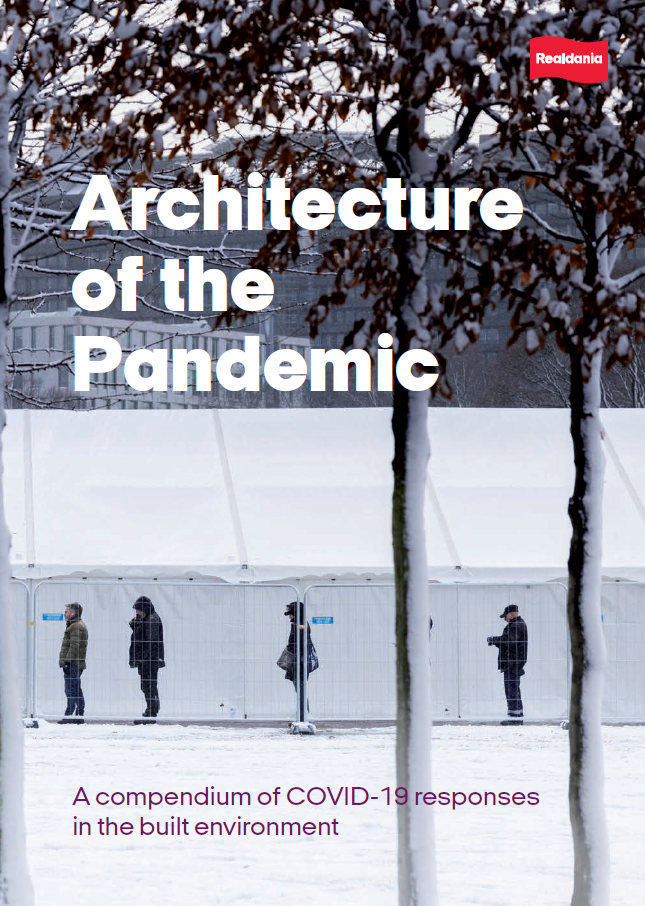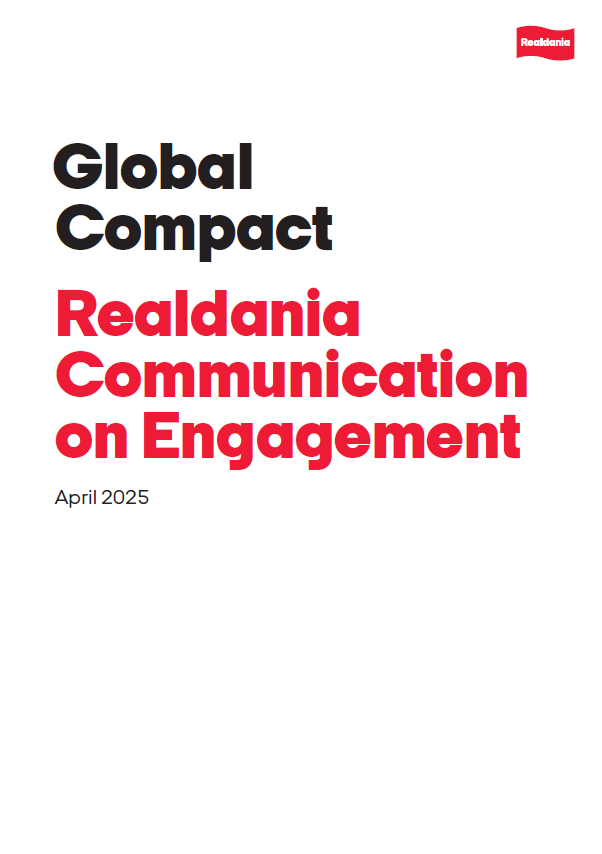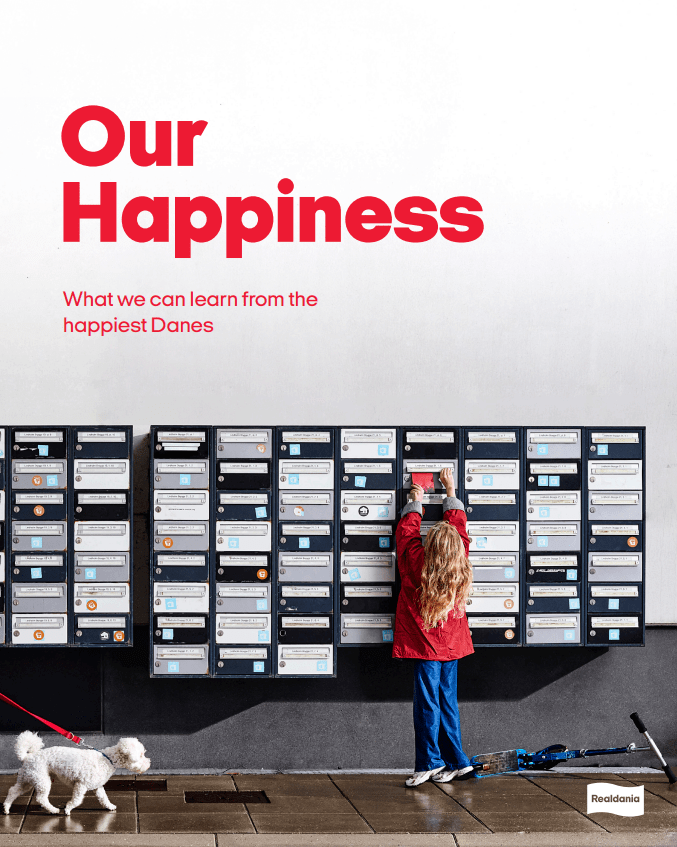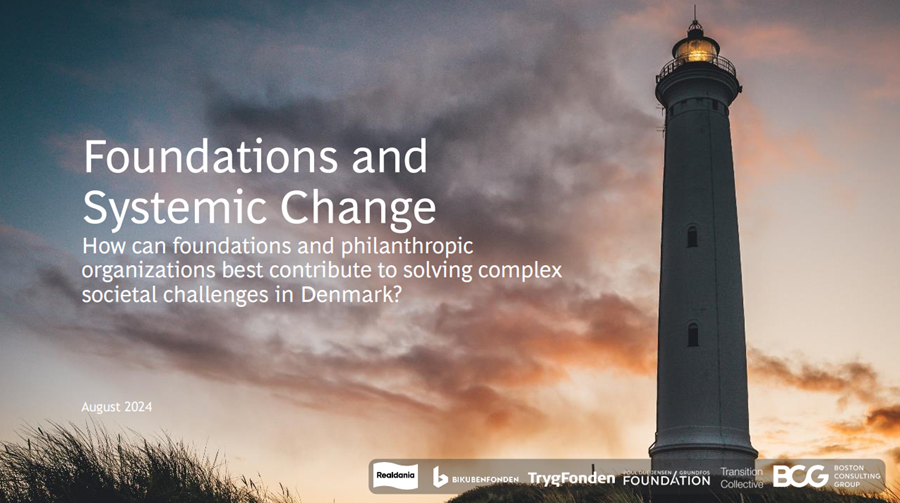Architecture for Public Health
Publishdate
2025
Pages
186
pages
Author(s)
The Royal Danish Academy – Institute of Architecture and Technology. Natalie Mossin, Ingeborg Hau, Adam Linde Nielsen, Peter Hinsby Leal, Tiago Da Costa Vasconcelos, Thomas Chevalier Bøjstrup, Minna Regitze Berner and Clara Ringgaard Poulsen.
What did we learn from the pandemic – and how can that knowledge help us create healthier, more resilient environments? This publication explores the answers.
Our surroundings affect us more than we might think – especially in times of crisis. When Danish society went into lockdown in March 2020 due to COVID-19, it became strikingly clear how much architecture, public spaces and housing conditions matter for our wellbeing and public health.
This publication brings together insights, analyses and inspiring examples that demonstrate how architecture and urban planning can promote both physical and mental health. It highlights key questions:
- Why is access to green spaces essential for our wellbeing?
- How can adaptable housing meet changing needs – from remote work to self-isolation?
- What role does architecture play in fostering communities, and how do we design for informal encounters?
- How can we build and plan in ways that better prepare us for future crises?
The Architecture of Public Health offers knowledge and practical solutions that reach far beyond the pandemic – towards a future where buildings and urban planning actively support our health and quality of life.
Realdania has supported this publication as part of the initiative RESPOND – frameworks for the new everyday. The initiative explores what we as a society have learned – and continue to learn – from the COVID-19 pandemic, and how it has shaped the built environment.
COVID-19 has forced different lifestyles and behaviours on society and people throughout the world. Realdania has earmarked DKK 50 mill. to investigate with researchers and innovation experts how the pandemic has impacted our behaviour and quality of life within the built environment, and to translate the findings into new solutions.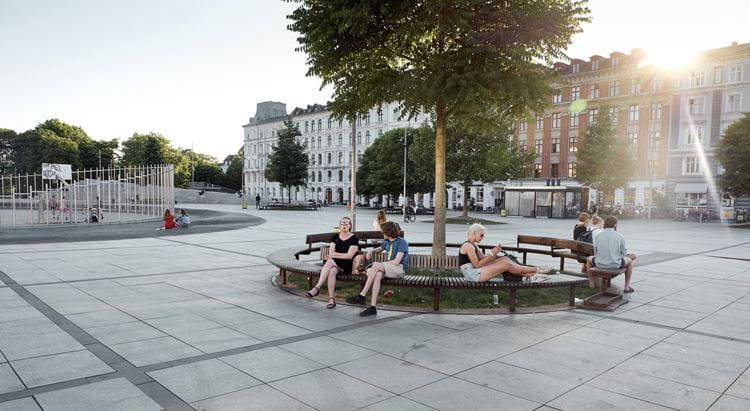
RESPOND – a new framework for everyday life

